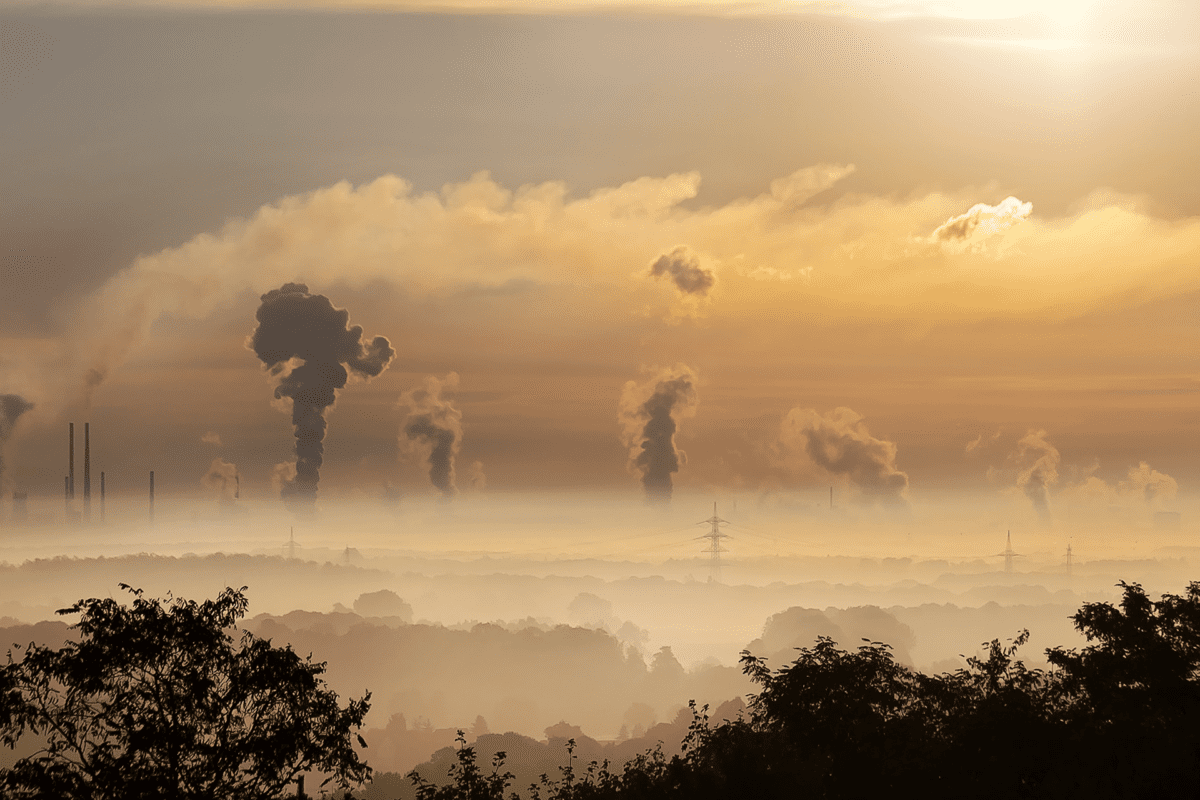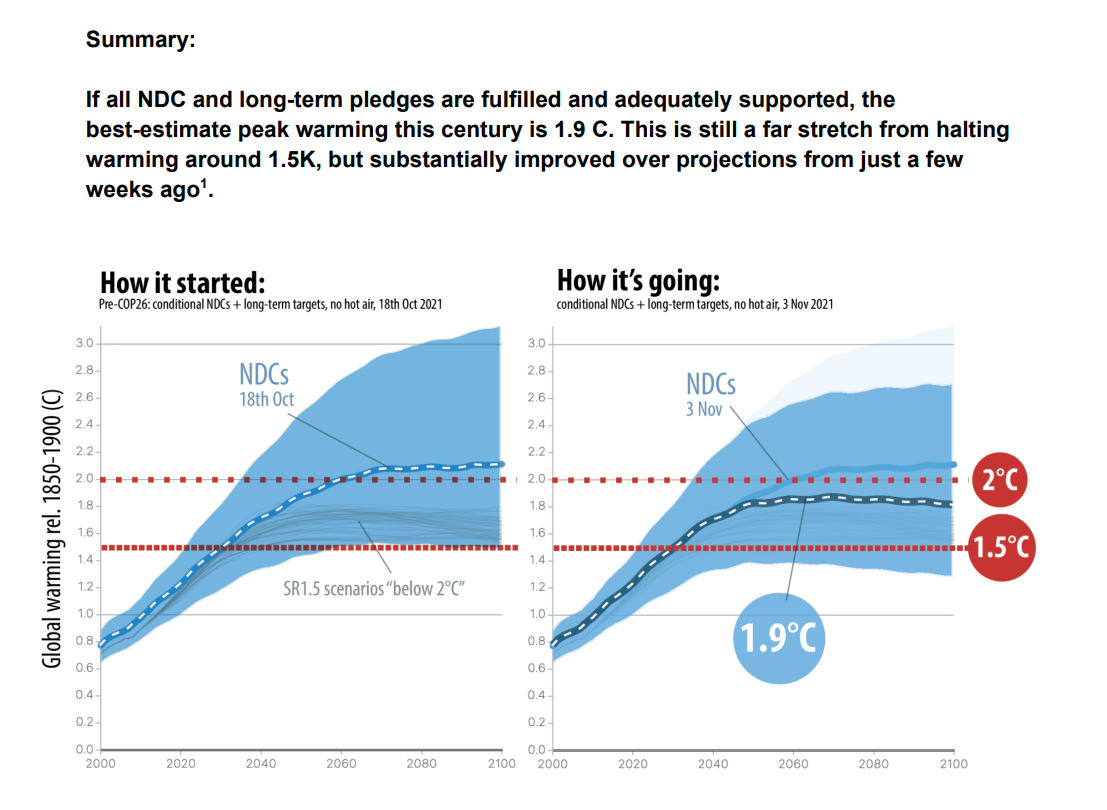The Carbon Market Institute’s 9th annual Australasian Emissions Reduction Summit concluded its second and final day with powerful and candid perspectives from international leaders, economists, business and Indigenous leaders on the immediate challenges of the transition, as well as the areas of vast progress and opportunity.
Key elements from the second day’s sessions included:
- Minister for Climate Change and Energy, Chris Bowen, outlining the Labor government’s first climate budget, confirming its election commitments under the Powering Australia Plan, with ANZ Chief Economist Richard Yetsenga headlining an insightful discussion on key takeaways.
- Chair of the Independent Review of Australian Carbon Credit Units (ACCUs), Professor Ian Chubb, shared details the progress made by the review panel to-date, including the key themes emerging from the consultation process.
- Indigenous leaders described the potential for carbon farming to be a nexus that brings ‘all parties together’, however called on the industry to better-leverage Indigenous culture and expertise.
- The Department of Climate Change, Energy, the Environment and Water gave an update on Australia’s involvement and progress in Article 6 negotiations.
- Ross Garnaut delivered a powerful vision for Australia’s future, calling on leaders to maximise Australia’s “immense economic advantages.”
“A record 1300 delegates attend the Summit over two jam-packed days, both in-person and online, and heard from over 125 speakers on the key climate issues of our time, as well as the solutions to accelerate emissions reduction this decade,” said John Connor, CMI CEO.
“From Indigenous leaders to policy makers and business experts, this year’s event delivered a breadth of insight and opinion, as well as important perspective as we look to tackle this challenge together. Especially at this time of escalating climate impacts and investor and community expectations, the Summit continues to play an important role in convening all corners of the transition, defining best practice and elevating ambition,” he said.
View our other daily updates here.
Day 2 speaker highlights & quotes
Ross Garnaut, Economist & Author
“International opportunity is essential for Australia to emerge as a leader in the carbon transition.”
“In a world of zero emissions, Australia has immense economic advantages.”
“Using our advantages can lower the cost of other countries getting to zero emissions. By doing that we can underwrite a period of long economic growth and full time and high paying jobs.”
Suzanne Thompson, Managing Director, Yambangku Aboriginal Cultural Heritage & Tourism Development Aboriginal Corporation
“It’s about the opportunity to lead and inform on policy. Let us define and decide policy, as humans collectively. I believe it is something we do together, we are better together.”
“[Carbon farming] is where the indigenous knowledge is now able to meet the modern-day scientific knowledge of this space. But there is another step I know I would like to see. I think about where indigenous people are going to be in three years, and I think it’s the opportunity for us to be able to lead in that space, because I think if we’ve survived the two ices ages, it’s time.”
Hon. Garry Juffa MP, Governor Oro Province, PNG Government
“In Oro Province, we are interested in partners who understand the entire value of tree-based carbon and its importance to local communities. Partners who may not insist on land-based collateral or quick retiring of credits for others’ gain. Yes, forests contain carbon, but are also biodiversity reservoirs, land-held protectors, water and nutrient recyclers, cultural icons and social drivers.”
“We are a forest people, with a forest culture, living in a forest nation. And we have forest solutions we would like to offer to those who wish to work with us to protect these vital assets of life on Earth. The only planet that has it as far as we know.”
Kate Hancock, Australian government negotiator on international carbon markets, Department of Climate Change, Energy, the Environment and Water
“Our priority for Article 6 is to ensure robust and timely implementation.”
“Our mandate for COP27 is to deliver a substantial amount of technical work. Amongst the key pressures that we face now are the volume of work and the time that it takes to deliver that.”
“In regard to when credits will start flowing under Article 6, coming out of this COP we are going to have a full work program, and we’ll need to put in place IT, methodologies…I think we’re still looking at another couple of years.”
Elizabeth O’Leary, Head of Agriculture & Natural Assets, Macquarie Group
“This is a new marketplace everywhere around the world. Unfortunately, the carbon market sounds a little different and looks a little different all over the world. But we sit here at a very exciting time in terms of capital availability. A simple language set and set of enabling tools…will go a huge way to giving confidence.”
“When I compare the expertise that’s been developed here in Australia with other countries, I see a depth of skill and knowledge that I haven’t seen in other places around the world.”
Alison Tate, Director, Economic & Social Policy, International Trade Union Confederation
“A just transition is about securing the future, it’s about looking forward, securing future livelihoods, it’s about having a climate and workforce plan that engages community.”
“A just transition can feel overwhelming – but it involves engaging, making plans, and accountability that’s delivering on these plans. Time for talk is over, time for aspiration is over… let’s get on with it, but still need to consult, consult, consult.”
About the Carbon Market Institute
The Carbon Market Institute (CMI) is an independent industry body, championing business best practice towards a negative emissions, nature positive world. Its nearly 150 members include primary producers, carbon project developers, Indigenous corporations, legal, technology and advisory services, insurers, banks, investors, corporate entities and emission intensive industries developing decarbonisation and offset strategies. The positions put forward constitute CMI’s independent view and do not purport to represent any CMI individual, member company, or industry sector. CMI’s latest Advocacy Policy Positions Statement can be viewed here.
About the AER Summit
The Carbon Market Institute’s 9th Australasian Emissions Reduction Summit is Australia’s premier business and climate action event for 2022. For nearly a decade, the Summit has been an important forum for discussion on climate and regional realities, as well as the investment required for a ‘just’ and inclusive transition to a net zero economy. It has also been a key platform for CMI’s mission to help business manage risks and capitalise on opportunities in the transition.
This year’s event will focus on urgency, integrity and ambition and feature more than 100 national and international speakers. It comes at another crucial juncture as the new Labor Government oversees significant climate policy reform, hands down its first federal budget and as carbon market growth and corporate decarbonisation accelerates in the US, Asia and Europe.
For further information, contact Thomas Hann on 0408880536 or thomas.hann@carbonmarketinstitute.org



